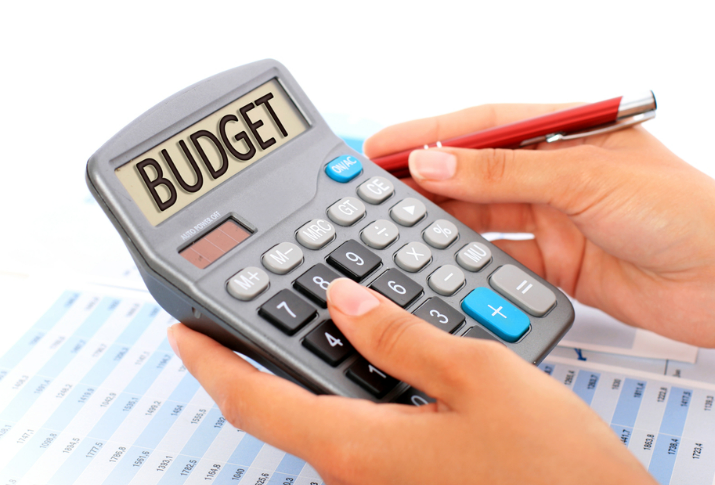Creating a Budget

If you’re aiming to establish a personal budget, follow these six steps to gain control of your finances and pave the way toward achieving your financial goals.
Step 1: Calculate Your Net Income

Your net income, or take-home pay, forms the foundation of an effective budget. This is your total earnings minus taxes and deductions like retirement contributions and health insurance premiums. For freelancers, gig workers, contractors, and the self-employed, meticulous record-keeping of contracts and payments is crucial due to irregular income patterns.
Step 2: Track Your Spending
After determining your income, the next step is tracking where your money goes. Categorize expenses to identify areas where you can potentially save. Begin with fixed expenses such as rent, utilities, and car payments, followed by variable expenses like groceries, fuel, and entertainment. Utilize credit card and bank statements for a detailed breakdown of monthly expenditures, and record daily spending using tools like apps, spreadsheets, or pen and paper.
Step 3: Set Realistic Goals
Define short- and long-term financial goals before analyzing your spending data. Short-term goals might include building an emergency fund or paying off credit card debt within one to three years, while long-term goals could involve saving for retirement or your child’s education. Having clear goals helps maintain budget discipline and motivates adjustments in spending habits.
Step 4: Make a Plan
Integrate your spending data with your financial goals to develop a practical budget plan. Compare projected expenses with net income and prioritize categories accordingly. Consider setting specific spending limits for each expense category, distinguishing between needs (e.g., commuting costs) and wants (e.g., subscriptions). This distinction aids in reallocating funds towards financial objectives.
Step 5: Adjust Your Spending
Review your budget to identify potential overspending areas, starting with discretionary expenses. Evaluate alternatives like home movie nights over theater outings. If necessary, scrutinize fixed expenses for cost-saving opportunities such as refinancing insurance policies. Incremental adjustments can yield significant savings over time.
Step 6: Regularly Review Your Budget
Maintain budget adherence by regularly reviewing income and expenses. Circumstances such as pay raises or changing expenses may require budget updates. Revisit and adjust your budget periodically to align with evolving financial objectives and ensure continued financial stability.
Establishing and maintaining a budget provides a clear roadmap towards achieving financial security and realizing your long-term financial aspirations.
